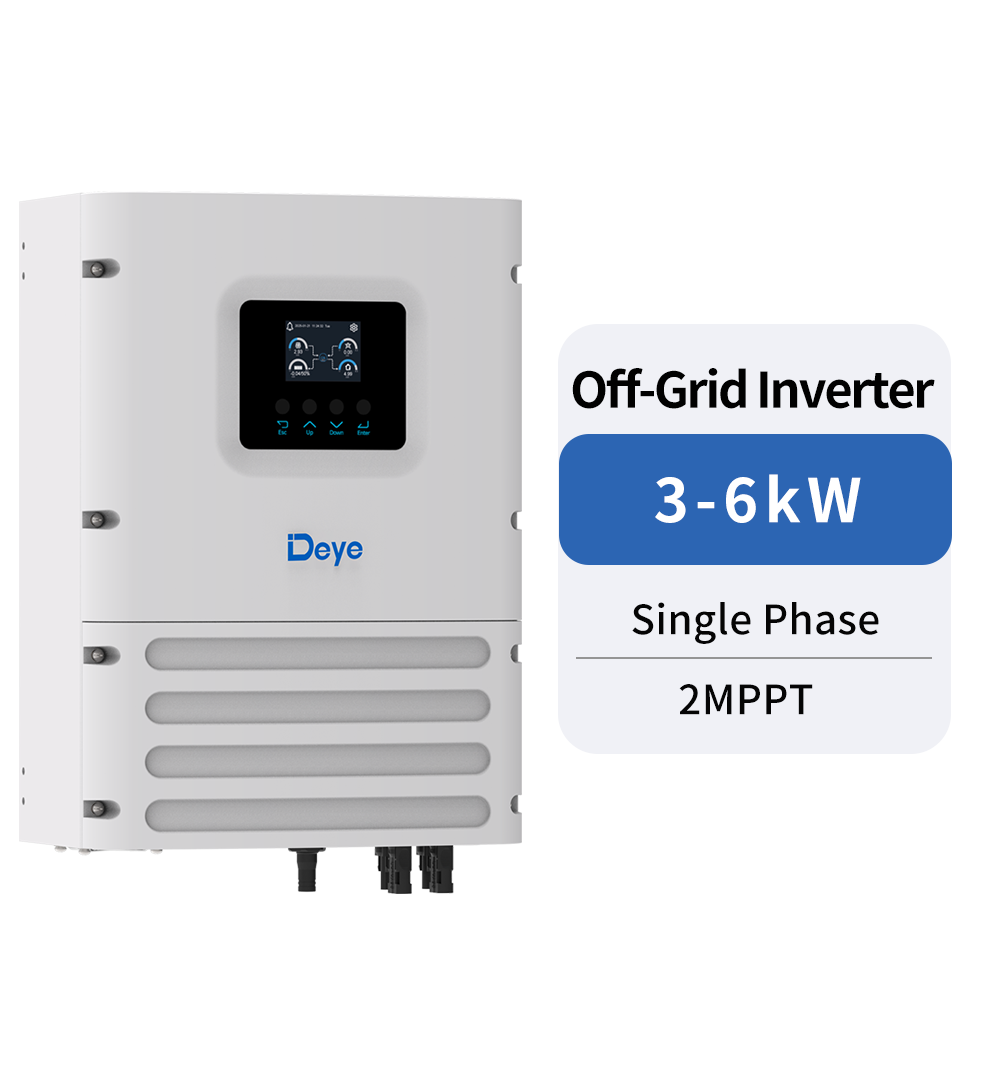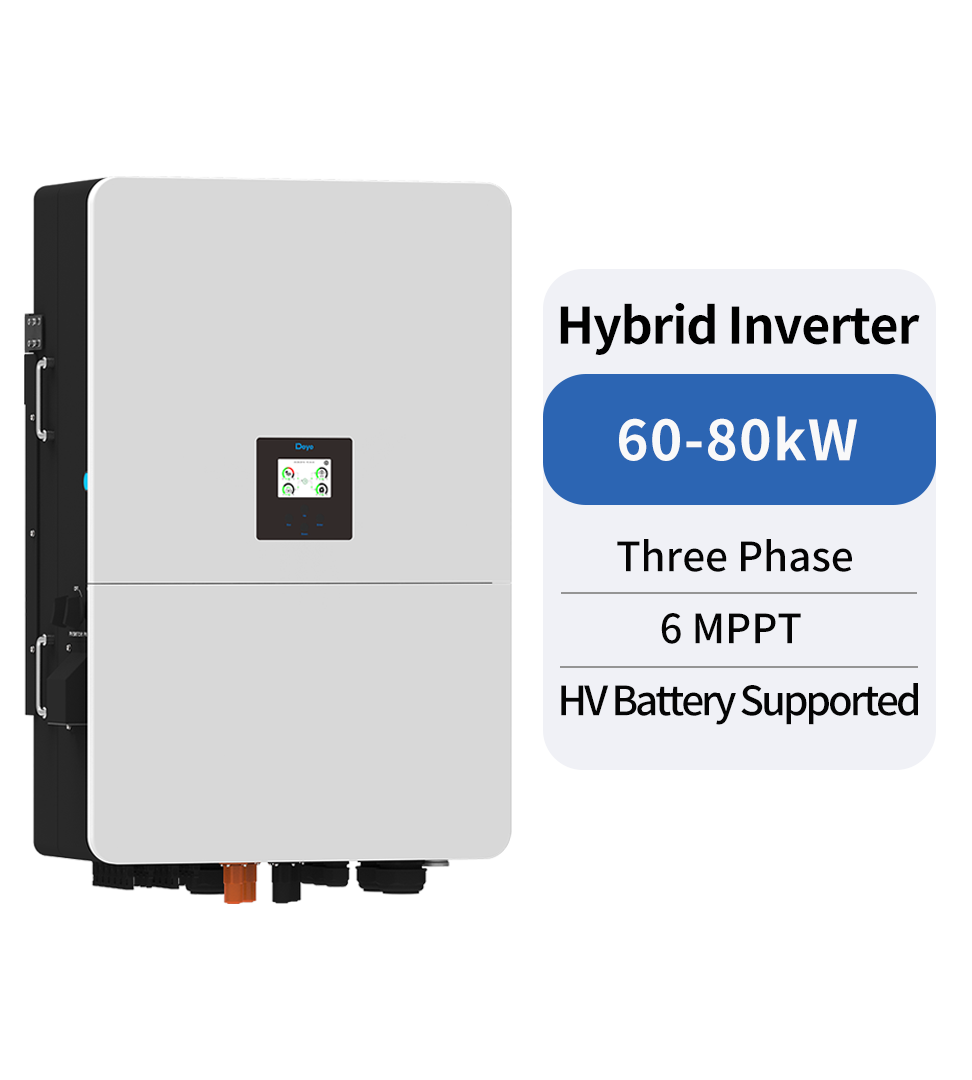Technical Topics
What is a Solar Grid-Tie Inverter and How Does it Work?
What is a Solar Grid-Tie Inverter and How Does it Work?
What is a Solar Grid-Tie Inverter?
A solar grid-tie inverter is a device that converts DC (direct current) electricity produced by solar panels into AC (alternating current) electricity, which can be used to power household appliances and sent back to the utility grid. It is an essential component of a grid-tied solar power system.
How Does a Solar Grid-Tie Inverter Work?
A solar grid-tie inverter works by converting DC electricity produced by solar panels into AC electricity. The inverter synchronizes the frequency and phase of the AC electricity produced by the solar panels with the utility grid's AC electricity. It then sends the AC electricity to the utility grid, reducing the amount of electricity the homeowner needs to purchase from the utility company. When the solar panels produce more electricity than is needed, the excess electricity is sent back to the utility grid, resulting in a credit on the homeowner's electricity bill.
What are the Benefits of a Solar Grid-Tie Inverter?
There are several benefits to using a solar grid-tie inverter, including:
Energy savings: By reducing the amount of electricity needed from the utility grid, homeowners can save money on their electricity bills.
Environmental benefits: Solar power is a clean, renewable energy source that reduces carbon emissions and helps combat climate change.
Increased home value: Homes with solar power systems and grid-tie inverters have increased resale value and are more attractive to potential buyers.
PREV:How to Choose the Right Solar Grid-Tie Inverter for Your Home
NEXT:How does a Single Phase String Inverter work?
Share
Product recommendations
news recommendations
-

-
 Green Industry, Bright Future: Deye Distributor Summit – Dubai 2025 Concludes Successfully
Green Industry, Bright Future: Deye Distributor Summit – Dubai 2025 Concludes SuccessfullyIn November 2025, Deye Group successfully hosted the “Green Industry, Bright Future—Deye 2025 Dubai ...
-
 Deye’s Malaysia Johor Manufacturing Base Officially Breaks Ground — A Key Step Forward in Its Globalization Strategy
Deye’s Malaysia Johor Manufacturing Base Officially Breaks Ground — A Key Step Forward in Its Globalization StrategyOn October 2, 2024, Deye Group (hereinafter referred to as “the Company”) held a groundbreaking cer...

 China - 简体中文
China - 简体中文 Global - English
Global - English Brazil - Português
Brazil - Português Netherlands - Dutch
Netherlands - Dutch Italy - Italiano
Italy - Italiano Germany - Deutsch
Germany - Deutsch Spain - Español
Spain - Español France - Français
France - Français Vietnam - Tiếng Việt
Vietnam - Tiếng Việt Poland - Polski
Poland - Polski Australia - English
Australia - English


